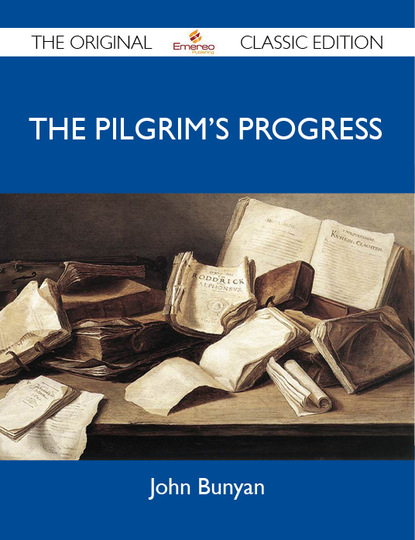
The Pilgrim's Progress - The Original Classic Edition скачать fb2
Bunyan Campbell John - The Pilgrim's Progress - The Original Classic Edition краткое содержание
In contrast to Dante, Bunyan fills his allegory with real people, not just stereotypes – or even archetypes. Though his characters have names like Honest, Feeble-mind, and Ignorance, they come across as real people given a nickname. The names apply to some extent, of course, but not to the point of making caricatures out of the characters. <p> This volume contains parts I and II of Pilgrims progress. The first part concerns the journey of a pilgrim named Christian, while the second describes the journey of his wife, Christiana. Both start from the City of Destruction and both encounter many of the same obstacles – the Slough of Despond, the Vanity Fair, the Castle Doubt – before reaching the gates of the Celestial City. Other than that, their journeys are rather different, for Christian travels on his own, with a bit of help here and there, and with one or another traveling companion, but his progress is almost entirely his own. Christiana, by contrast, travels as part of an ever growing company, who support one another and who are defended by one or two powerful champions. <p> You never lose sight of the allegory, but this work is not a mere tract. The story itself and the characters entertain – even today.
Чтобы оставить свою оценку и/или комментарий, Вам нужно войти под своей учетной записью или зарегистрироваться



